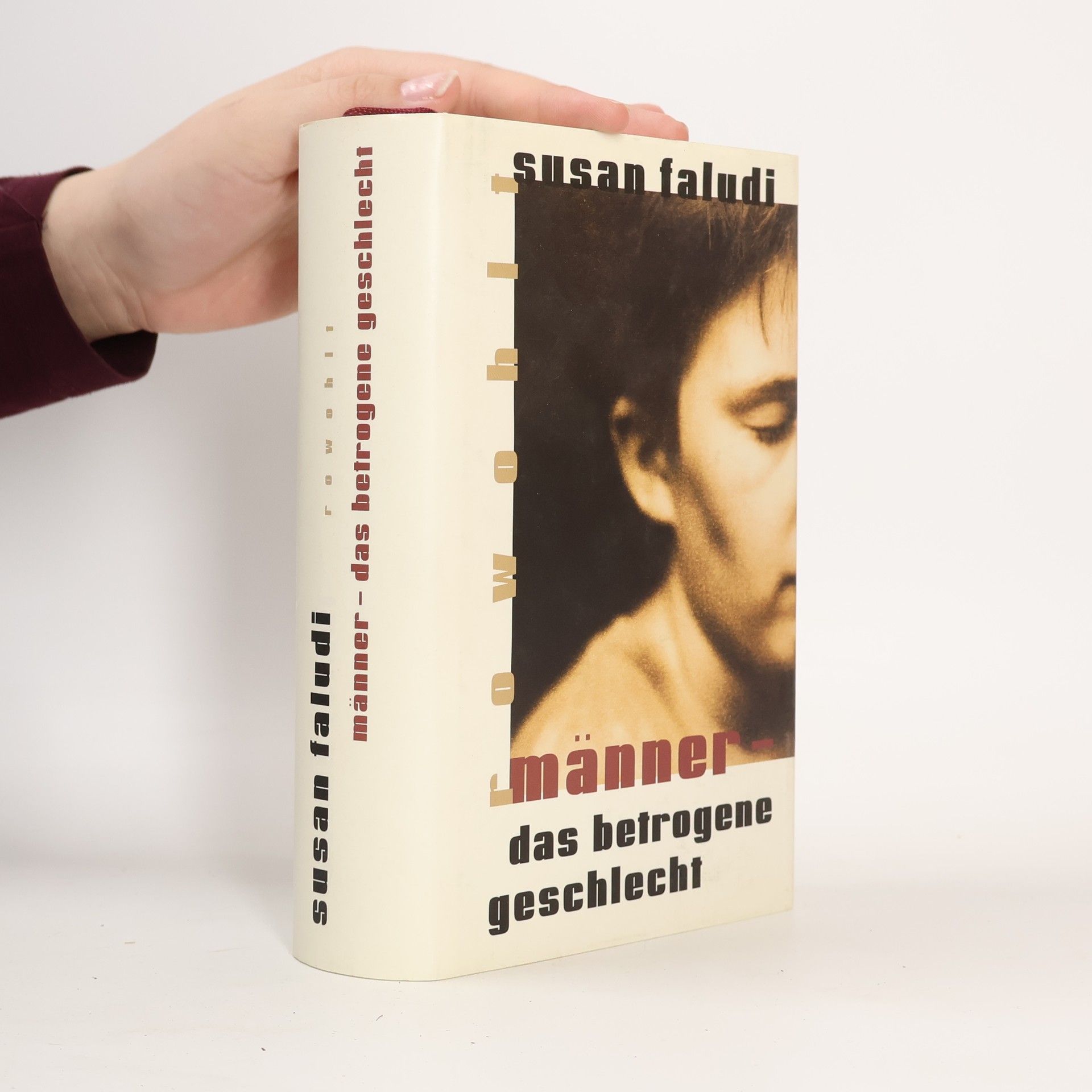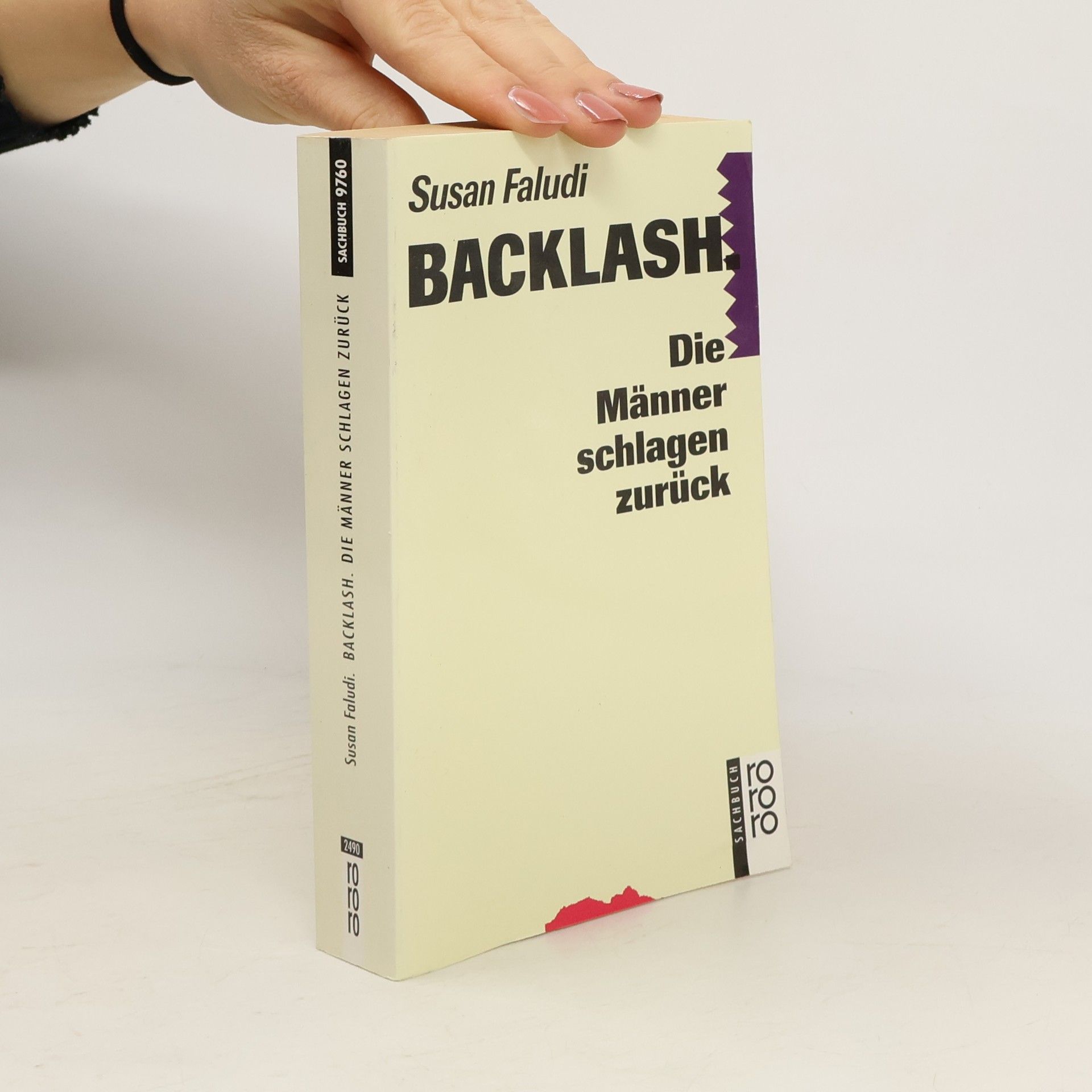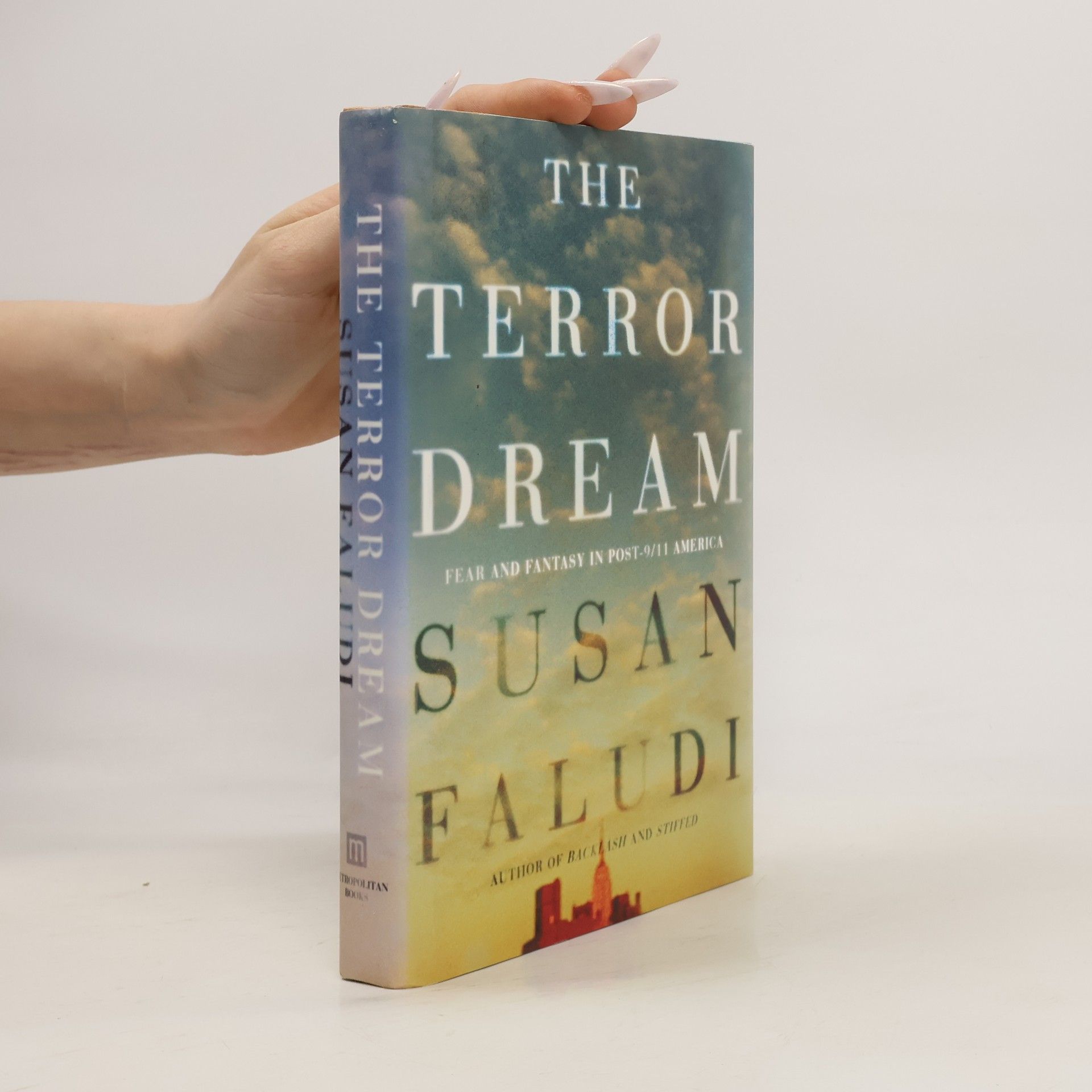In the summer of 2004 I set out to investigate someone I scarcely knew, my father. The project began with a grievance, the grievance of a daughter whose parent had absconded from her life. I was in pursuit of a scofflaw, an artful dodger who had skipped out on so many things - obligation, affection, culpability, contrition. I was preparing an indictment, amassing discovery for a trial. But somewhere along the line, the prosecutor became a witness
Susan Faludi Libros
El trabajo periodístico y autoral de Susan C. Faludi examina críticamente fenómenos sociales, centrándose particularmente en el feminismo y el impacto de los cambios económicos en las vidas humanas. Sus análisis se caracterizan por una profunda comprensión de la compleja interacción entre las narrativas personales y las fuerzas sociales y económicas más amplias. Faludi se esfuerza por desenterrar los mecanismos ocultos que dan forma a nuestras vidas, destacando los costos humanos de los principales procesos económicos y políticos. Su escritura es conocida por su perspicacia y su capacidad para generar un discurso público importante.







Backlash: the undeclared war against women
- 576 páginas
- 21 horas de lectura
Winner of the National Book Critics Circle award for nonfiction, this controversial, thought-provoking, and timely book is "as groundbreaking as Simone de Beauvoir's The Second Sex and Betty Friedan's The Feminine Mystique." -- Newsweek.
In this original examination of America's post-9/11 culture, journalist Faludi shines a light on the country's psychological response to the attacks of that terrible day. Turning her observational powers on the media, popular culture, and political life, Faludi unearths a barely acknowledged societal drama shot through with baffling contradictions. Why, she asks, did our culture respond to an assault against American global dominance with a frenzied summons to restore "traditional" manhood, marriage, and maternity? Why did we react as if the hijackers had targeted not a commercial and military edifice but the family home and nursery? The answer, she finds, lies in a historical anomaly unique to the American experience: the nation was forged in traumatizing assaults by nonwhite "barbarians" on town and village. That humiliation lies concealed under a myth of cowboy bluster and feminine frailty, which is reanimated whenever threat and shame looms.--From publisher description.
Die Zukunft den Frauen
- 347 páginas
- 13 horas de lectura